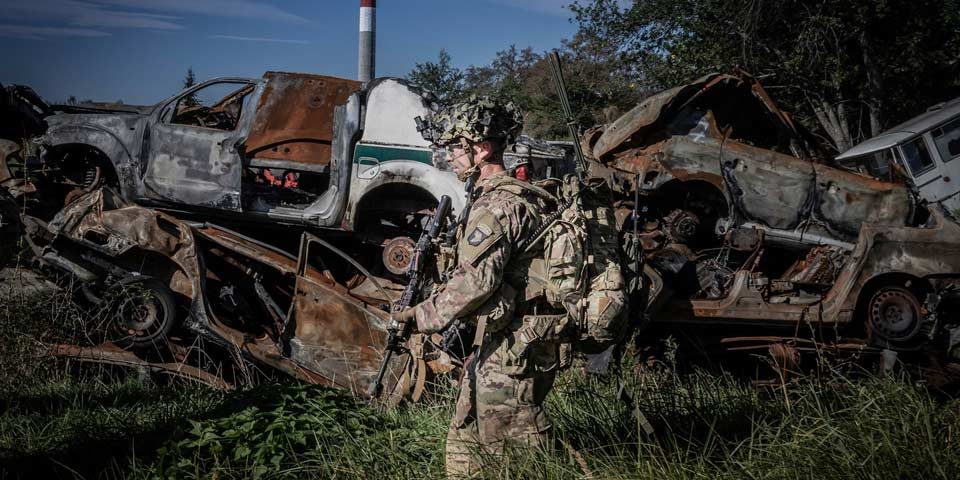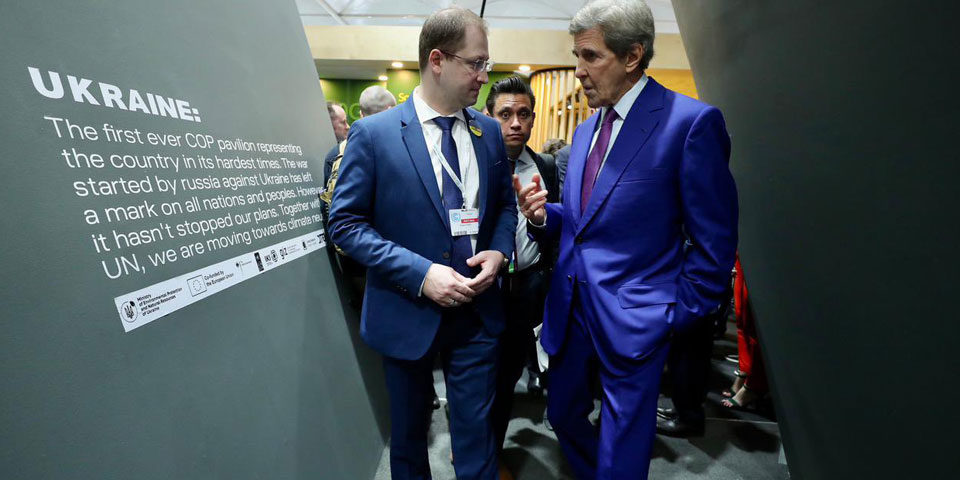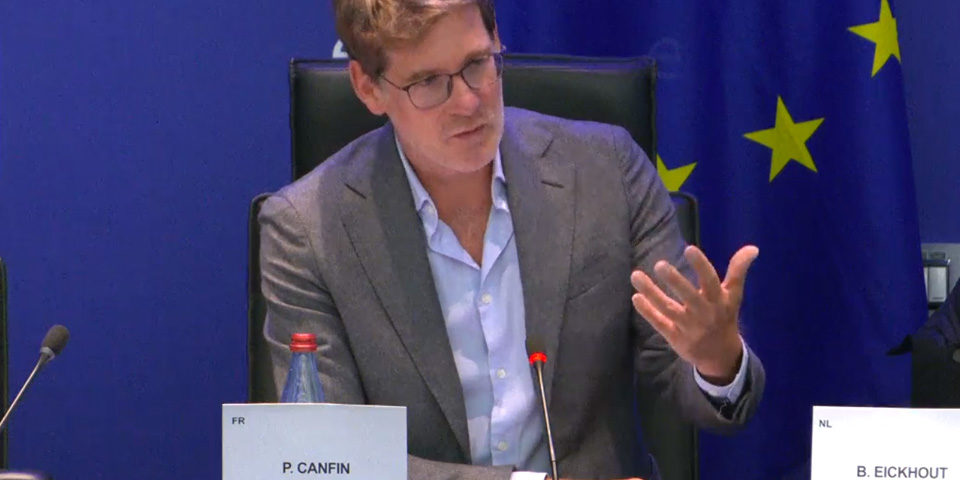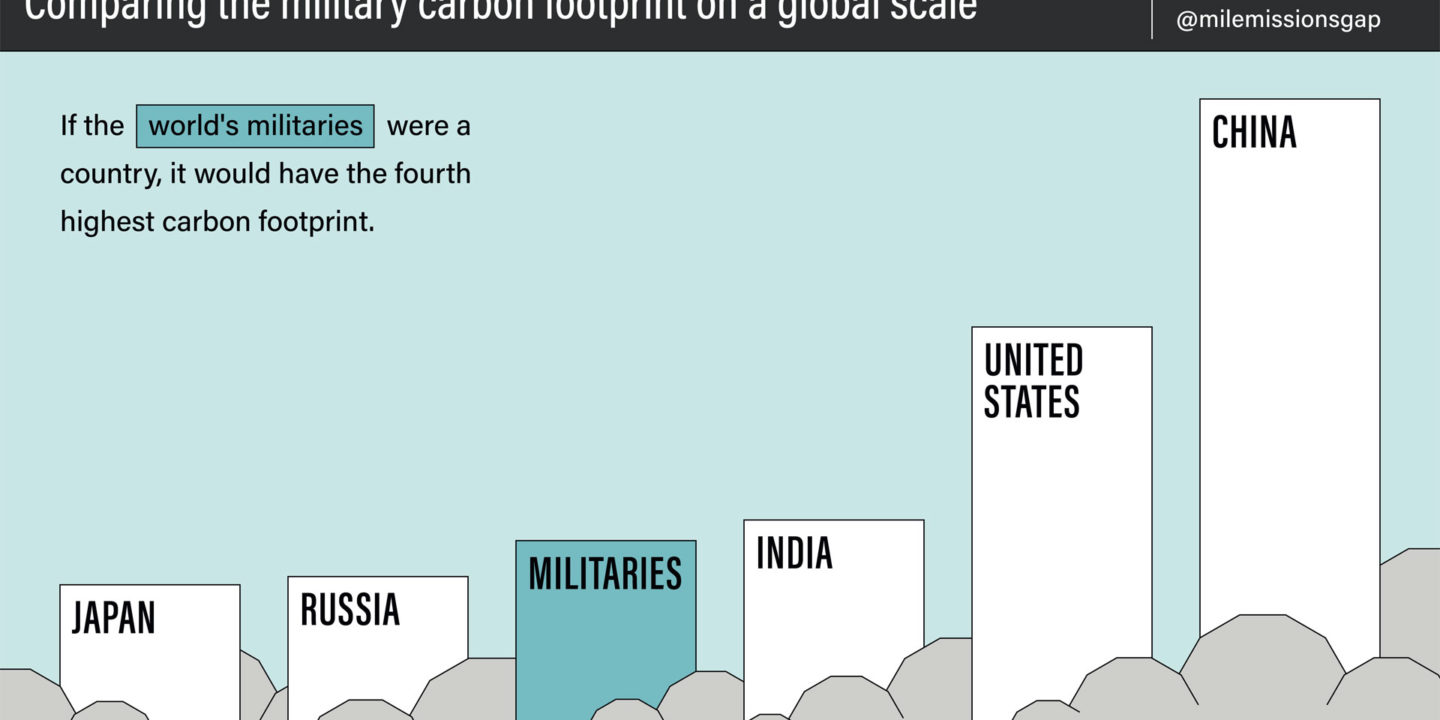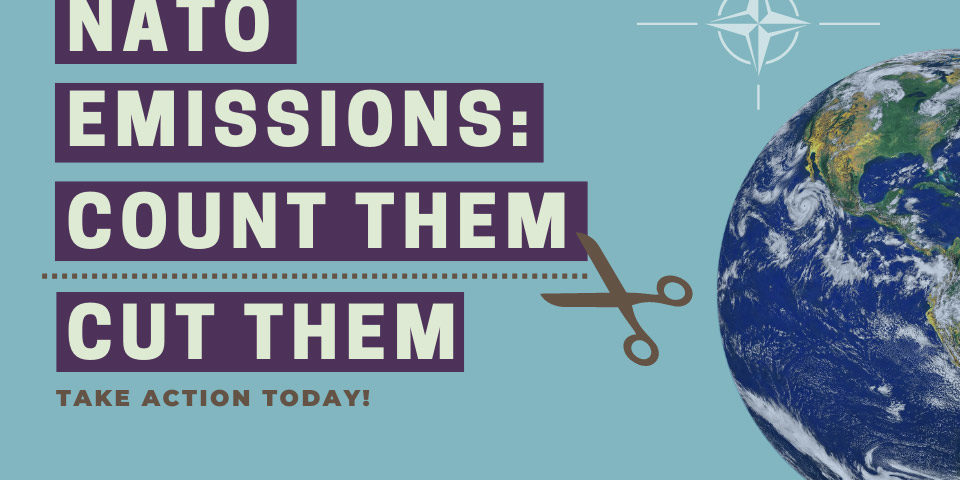NATO’s GHG emissions tracking methodology – a small step forward?
NATO’s Vilnius summit saw the publication of three new documents on climate action, including its long-awaited Greenhouse Gases Emission Mapping and Analytical Methodology. In this post, Ellie Kinney examines the summit’s climate outputs and their context.



